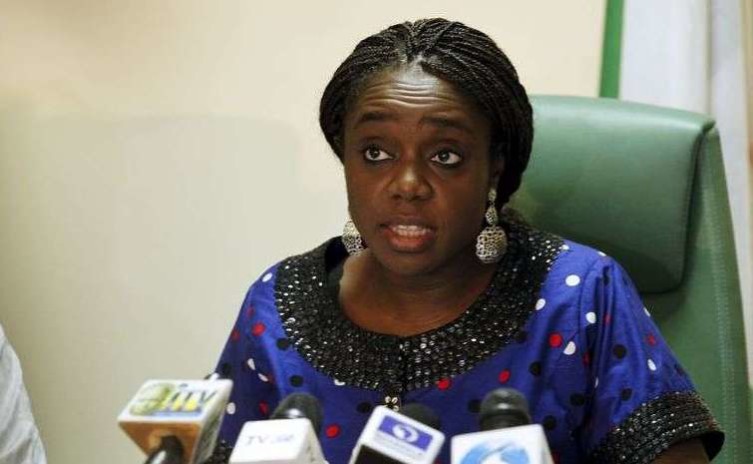The implication of Nigeria’s proposed $3.5bn emergency World Bank loan

It was recently reported that Nigeria is seeking for an “emergency loan” of $3.5b to help finance the 2016 Budget. According to the Financial Times, Nigeria is seeking funding of $2.5b and $1b World Bank and Africa Development Bank (ADB) respectively. The medium quoted the Minister of Finance Kemi Adeosun:
I’m getting sub 3 per cent blended costs from the multilaterals and export credit banks. It’s my strategy for borrowing for capital projects. If the World Bank is offering me sub 3 [per cent] to do the power, transport, road projects we need, why would I go to the Eurobond market to find that?”
What does this mean?
There are significant implications of going to the World Bank for funding considering the CBN’s capital controls and the refusal to devalue the currency. Before the World Bank approves loans for any country it must get the consent of the IMF. The IMF on the other hand will have to approve the country’s economic policies if it is to give consent for the loan.
One policy that is likely to be a deal breaker is the President’s refusal to accede to a devaluation of the Naira. The IMF president on her visit to Nigeria had mentioned that she believes Nigeria should devalue but also learnt her support to the current economic policies of the government.
By going to the World Bank the country is also trying to kill two birds with a stone. As the Minister explained, World Bank loans offer Nigeria cheaper loans and will lesser terms when compared to Eurobonds which are mostly bought by foreign investors.
A three per cent interest payment is much better than the 6-8 per cent it may have gotten if it had gone to the foreign bond markets. Nevertheless, a foreign loan exposes Nigeria to interest payment in a foreign currency and will surely lead to a depreciation of the Naira.
This also helps Nigeria avoid the risk it may have encountered in the bond market as a result of its removal from the JP Morgan Emerging market bond index.
Nigeria plans to borrow about N1.8 trillion to fund its budget deficit of N2.2 trillion. About N900 billion will be financed via foreign loans and another N984 billion from local lenders. Nigeria’s 2016 budget is about N6tr with revenues of just N3.86 trillion. Capital expenditure should gulp about N1.8 trillion while non debt recurrent expenditure will cost about N2.3 trillion.
Nigeria currently has a public debt of N12 trillion with about N2 trillion ($10 billion) classified as external debts. The $3.5 billion loan will take our external debt stock to $13.5 billion.
Nigeria in 2005 got a debt deal where it paid about $12 billion in debts and got a waiver of $6 billion to lenders lead by the Paris Club. The $18 billion debt payment was hailed as a major step towards kick starting massive infrastructural development in Nigeria.
However, the savings obtained from the loan was mostly lost under successive corrupt regimes, subsidies and a bloated public sector work force. Total debt stock will also rise to about N13.8 trillion.
Nigeria’s foreign reserve is currently about $28 billion and fast depleting even as the CBN continues with its capital control policies. A world bank debt, though not seen as a bailout is will help boost dollar liquidity in the country and also help pay for imports required to actualize the massive capital projects planned by the government.









0 Comments